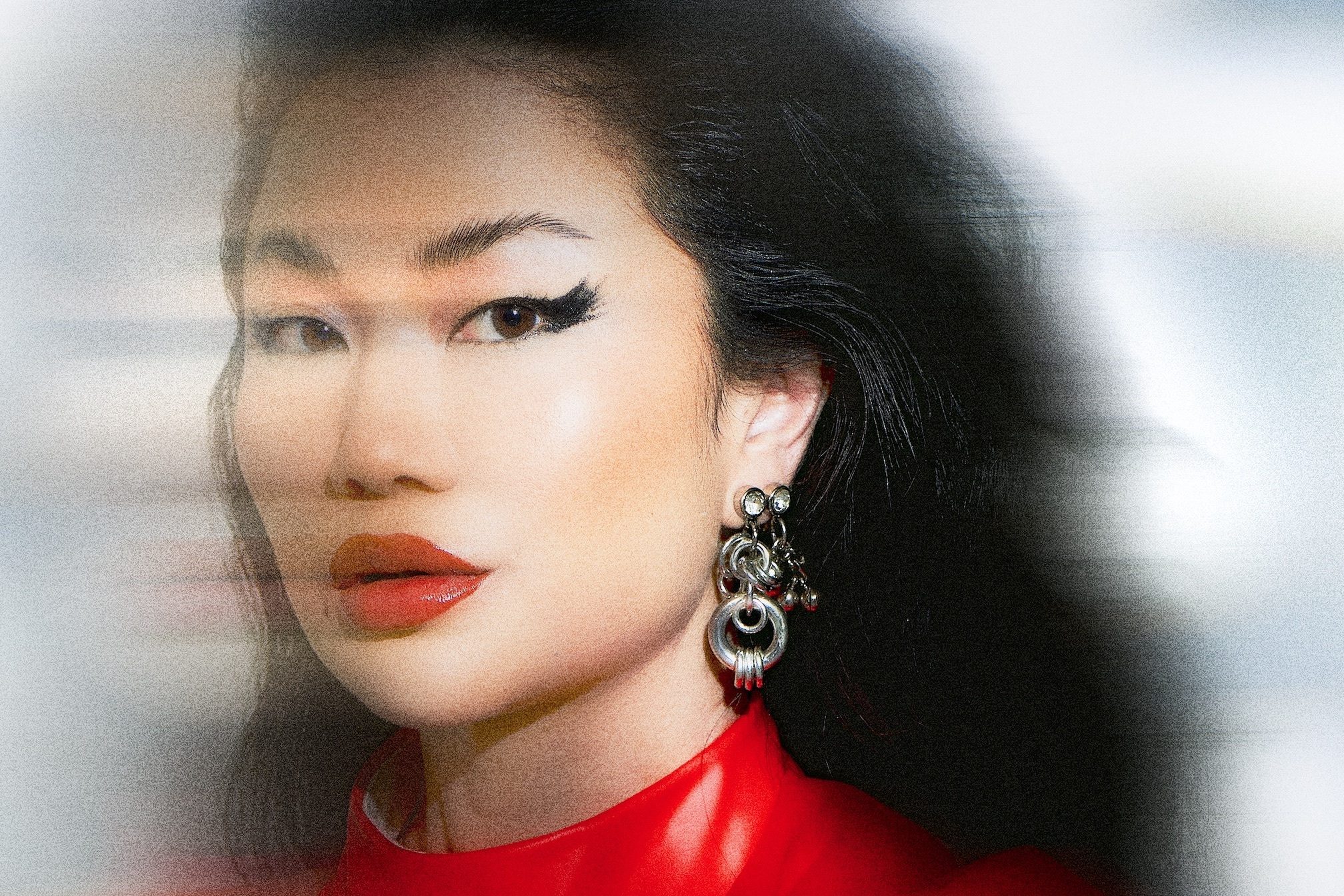 Cover Story
Cover Story
Eli Iwasa: Unveiling the Dance Music Queen of Brazilian Scene
Eli Iwasa's 25-year legacy: an exclusive interview for Mixmag!
Eli Iwasa has established herself as one of the most respected figures in the Dance Music circuit in Brazil.
With her mesmeric charisma, flamboyant style of helming the decks, and professional way of working, Iwasa has known how to take the bull by the horns and get involved in every aspect of the dance scene in the country, from leading her own clubs “Gate 22”, “Caos” and “Galeria 1212”, playing in the most iconic venues like Time Warp Brasil, DGTL, Hï Ibiza, BAUM Festival, Rock In Rio, or Warung, until embarking herself in brand new projects like Re.source and Closer.
Being a strong and independent woman who has followed her inner passion for dance music, she has managed to break the rules in a business that has still been addressed by men, providing to the new generations of female DJs an producers of the country a safe place where talent and good music are the leaders.
Mixmag Brazil met up with the woman who’s shaping an unprecedented path between innovation in this business, music, lifestyle, and new opportunities for emerging talent. Keep reading and don’t miss the inspirational story that she has crafted through almost 25 years.
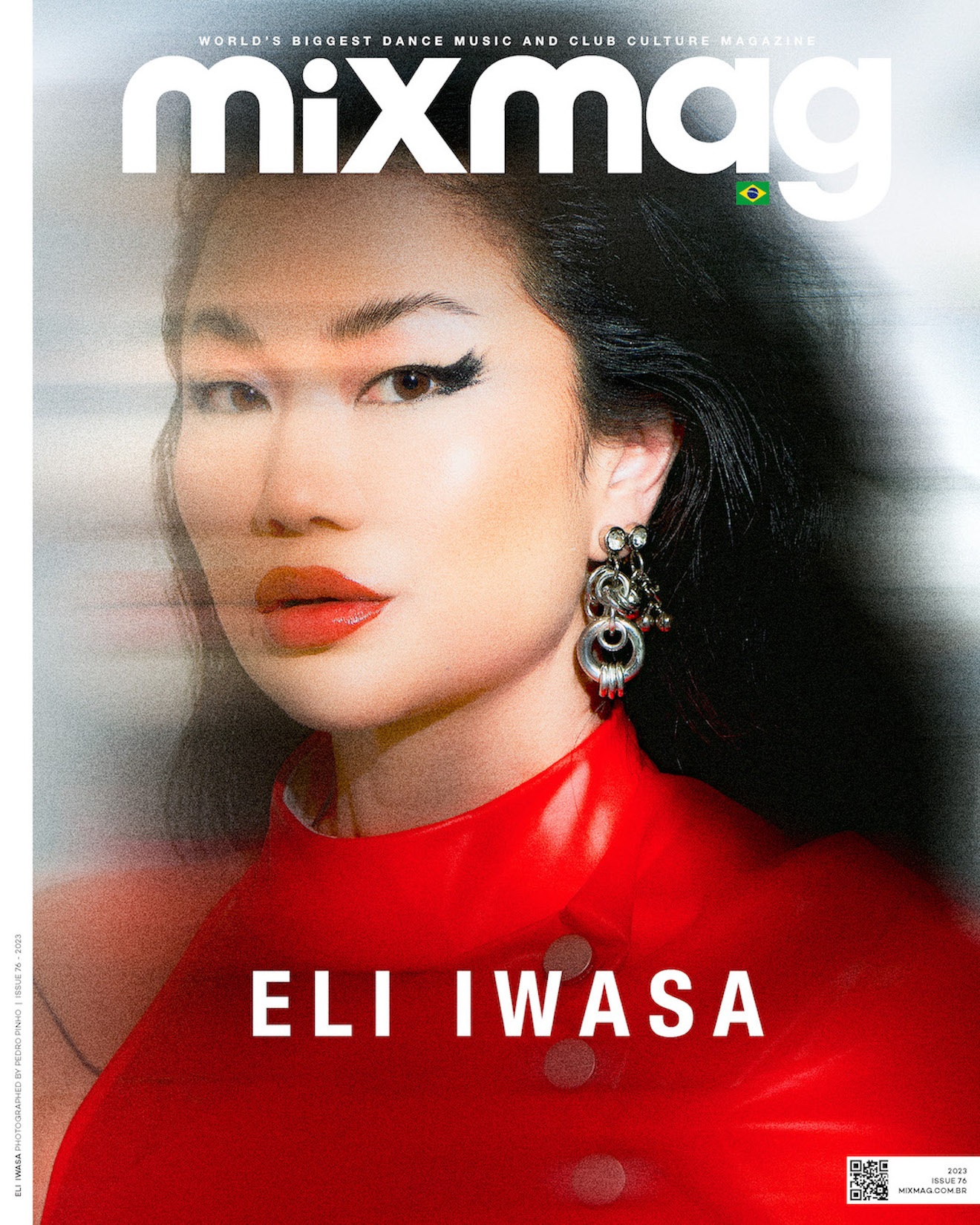
Hello Eli! We’re delighted to have you on the cover of Mixmag Brazil, welcome! We have seen you slaying at fabulous shows such as Brunch São Paulo and Barcelona, HÏ Ibiza, Time Warp Brasil, and Tomorrowland Brasil. Congrats! How does that make you feel?
Hi! Thank you for this; it means a lot. It feels amazing like a dream come true. I never imagined going this far, to be honest.
Since I was a kid, music has always been my passion, my safe and happy place, and I knew I wanted to do something music-related from a very young age.
When I started organizing outdoor parties in São Paulo, it was all about doing something I loved deeply – the music, the people, the lifestyle.
I wasn’t planning in the long term as my career would unfold back then. I couldn’t see all this coming, not only as a promoter or club owner but mainly as an artist.
It’s been such an exciting joyride, and being able to do what I love, still so passionate about it after all these years… is quite a privilege.
For a long time, you have been an incredible trailblazer in the country’s dance scene. For instance, you created the first acid techno party in São Paulo and booked iconic names like Ricardo Villalobos, Laurent Garnier, and Richie Hawtin. Please tell us in which way these accolades helped you develop your potential in all the areas you work in now? What do you consider was a significant improvement that you have incorporated into the music industry in Brazil?
Lov.e Club was a real milestone in electronic music history in Brasil. I feel so lucky to have been part of that. I was so young and had minimal experience; suddenly, I was running Friday nights and doing international bookings for the club.
I learned a lot; those years helped shape me as a professional and a woman in the industry. It was fresh, exciting, naïve times when there were no phones or cameras around, you had to be there to live and experience fully.
Those were wild times, and a first for many influential artists. Garnier and Hawtin had visited Brasil before, but having such stellar names playing at a 500 people venue was quite something.
Laurent’s 8-hour set at Lov.e on a Monday night became legendary, also the night when Sven Vath did a surprise set on my birthday. It translates what the spirit of the club was: a family of crazy music aficionados in a very intimate setting where everything was possible; among the names that came to Brasil for the first time to play at Lov.e Club: Ricardo Villalobos, Marco Carola, Luciano, Prins Thomas, Vitalic and Miss Kittin.
Technova was the first club night to book international artists weekly, and most importantly, it inspired a lot of people to pursue careers in music and in the industry.
Many established DJs and producers in Brasil, like Renato Cohen, Gui Boratto (who did his 1st live set there), and Binaryh were at the beginning of their careers.
A lot of agents and managers were Lov.e Club regulars, and looking back, it had a substantial impact on building the house and techno scene in São Paulo and in Brasil.
You own well-renowned clubs like Gate22 and Caos, and you have your residence at Warung. How do you endorse the innovation in production and musical creativity for the first two?
I moved from São Paulo to Campinas almost 15 years ago, and our work has constantly been pushing the development of the scene in the region.
People were driving to São Paulo to see their favorite DJs, and I wanted them to stay and have good experiences here, too! There is so much potential, and it’s where I feel our work makes a real difference.
Me and my partners in the clubs wanted to be able to book the artists we respected and admired, take risks musically in the curatorship, and create something unique.
When we opened Caos 6 years ago, we had this vision of giving people not only the music but the attention with the sound system, the lights.
We have had other venues before, but honestly, we had little money and no conditions to build a club we dreamt of.
Caos was the start of something real transformative in our local scene: having names such as Laurent Garnier and Nina Kraviz in the opening nights, a Life and Death showcase, or booking Modeselektor, the L’Acoustics sound system, the industrial and raw architecture, a very inclusive and diverse environment.
It was a turning point not only for me as a club owner also for people who loved dance music here. There is nothing quite like it.
Campinas is a 1M people city, and it needed a better venue for mid/large-sized events and concerts. Many touring bands would not perform in cities around Campinas because the existing venues needed to meet their technical requirements or were in a decaying state.
We are known for electronic music, but we have been promoting concerts since day 1 at Caos, having from Emicida to Pabllo Vittar.
When we found the new venue, we knew we had found a home for Gate 22, the concerts and festivals we wanted to promote, and artists such as Monolink and Vintage Culture. It’s been a dream come true.
We are officially in the countryside, now some of the most important Brazilian venues are around Campinas. It was unimaginable when I moved here 15 years ago.
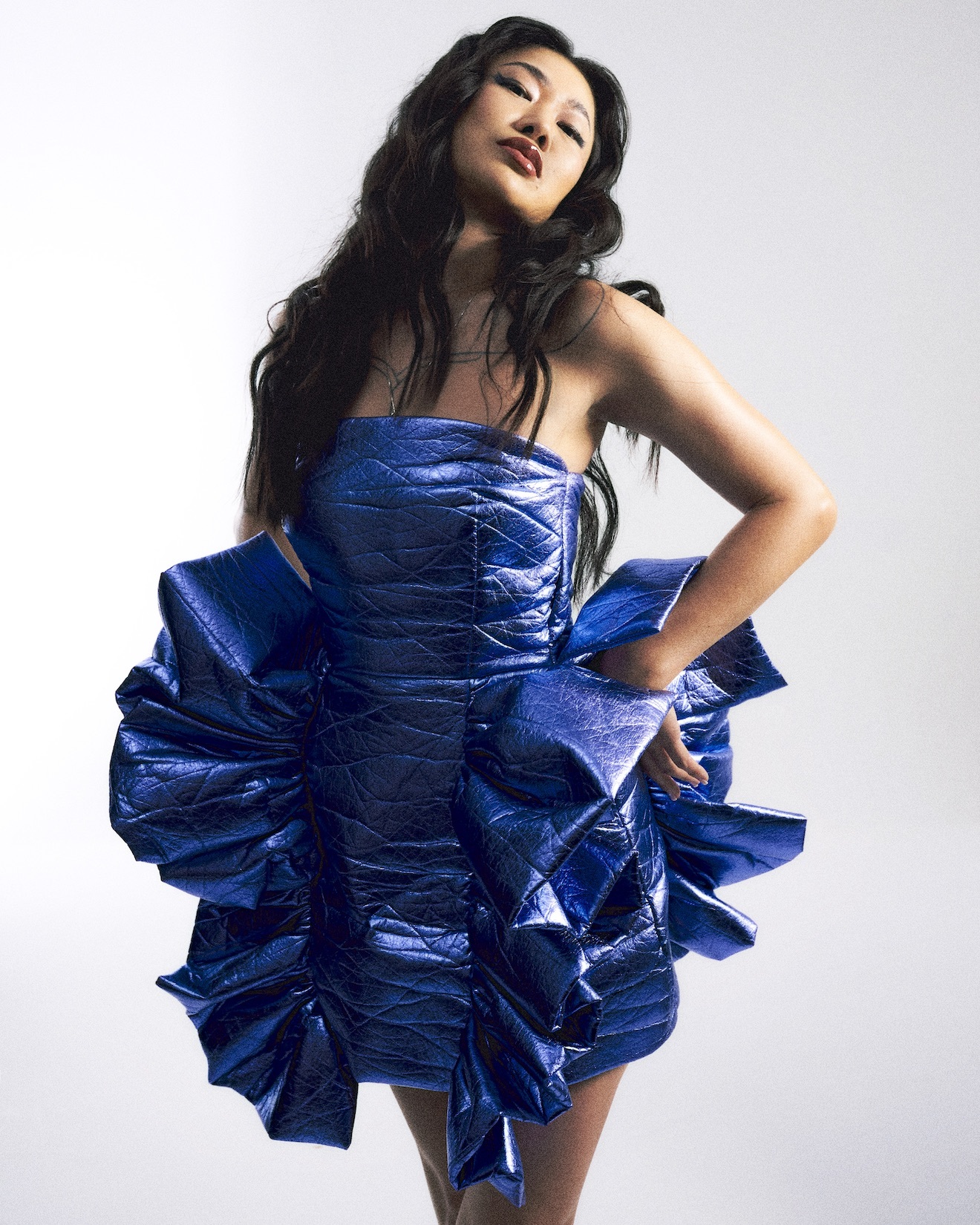
“I always felt an urge to get out of my comfort zone and experience new things. I hate feeling accommodated”
Have your experiences abroad inspired you to shape something new for the clubs?
Travelling for me is inspiration. In Brasil, I am so stuck with all the crazy logistics and the work at my venues it is hard for me to relax on the road or at the clubs.
So when I travel abroad is usually more chilled, I get to see other DJs and experience the events for real, just being in the crowd and enjoying it, as a reminder of why I started out in the first place.
If I ever I realize the passion is gone and I am not having fun anymore, I will know it might be time to stop.
These experiences abroad affect how I do bookings and the artistic direction I take in my clubs. The amount of new music and DJs I get to hear live, see what would work at my venues, and what I think it’s not right the networking… it is all so inspirational.
Also, there is always something different happening in terms of new technologies, sometimes a new light and sound system design.
I am the geeky one, always looking at the speakers, the visuals, the lights, checking the FOH, and always coming home with fresh ideas.
There is so much great stuff going on, and I always felt an urge to get out of my comfort zone and experience new things. I hate feeling accommodated.
Being a DJ and a club owner is fantastic, as I am in contact with new people, new crowds, new music, new ways of partying, and running events; I have to and feel so renovated all the time.
These are exciting times for dance music; just keep your mind and ears open and be curious - being able to travel to see all this is the best.
Can you share more about your path as a Warung’s resident? Which performance has left a mark on your career at this club?
My first gig at Warung was during Carnival 2015. In their calendar, Carnival is one of the most important dates, as it is the anniversary. Gustavo Rassi, Warung’s talent buyer, booked me on their closing Carnival night with Marco Carola and Seth Troxler.
I remember being so nervous I was sick in my stomach. And I get nervous EVERY time I play as the crowd knows a lot about music, and you really have to deliver.
After that, we built up a solid relationship, gig after gig, either at the club or the Warung Day Festival. Officially, I became a resident on July 7th, 2018, I never forget that night as it was one of the busiest parties there ever; the line was going through the whole parking lot.
Warung believed in my work as a DJ when many people didn’t. They saw my potential beyond what I could see myself. That Carnival gig changed my DJ career forever.
Also, a Resident Advisor night along Tale of Us and Recondite in the main room, when I did a 5h warm-up set that many people mention to this day, the energy on that floor was almost palpable!
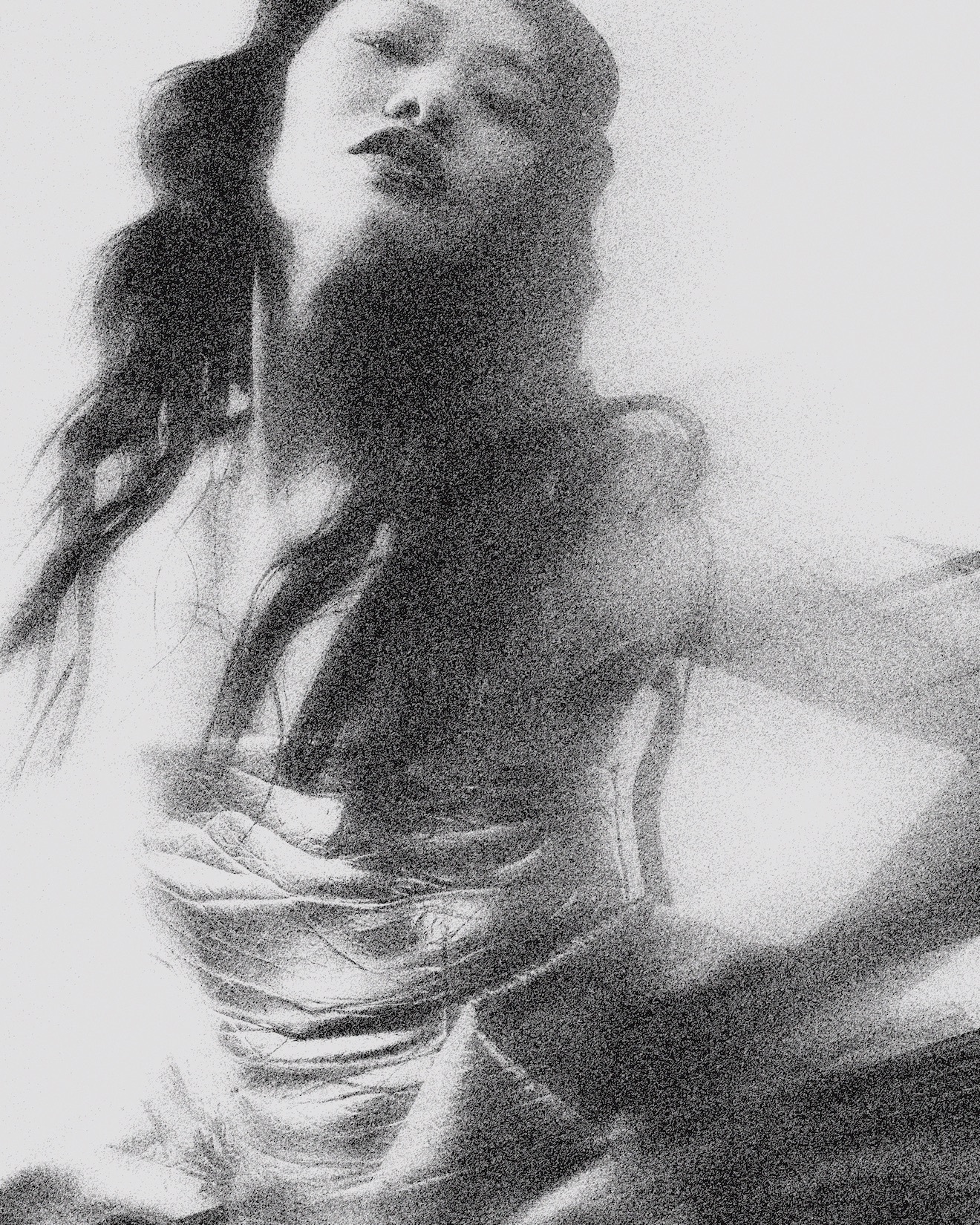
“Warung believed in my work as a DJ when many people didn’t. They saw my potential beyond what I could see myself”
You are about to celebrate 25th Years of your career! We can imagine that you have countless stories, hard work, and lessons that have built the powerful woman that you are. How do you look back on those early years when you started as a DJ and professional in the industry?
I started DJing professionally in 2001. Back then, there were not many female artists in São Paulo. I remember very clearly how sound techs would show me which buttons I should play or “teach” how to do my job, or people would “compliment” me, saying I played like a guy.
Initially, it was tough to be listened to and have our opinions taken seriously. I am now in a position of power, but I know a lot of girls still have to deal with a lot of bullshit all the time.
I looked up to women such as Georgia Taglietti, K Hand, Miss Kittin, Ellen Allien, and Flavia Ceccato, who owned Lov.e Club; they made me believe it was possible when they opened the path for many of us.
I am happy I am still in business to see the transformation, even at a slower pace than I hoped for, and be part of it.
Even though we have a long way to go, seeing all the fantastic women in headlining slots, making as much money as our male colleagues, and getting the media attention we deserve is inspiring, and it gives me the motivation to keep going.
What are the most significant accomplishments that you are most proud of?
I could mention our clubs or our skate bowl. All these fantastic gigs I have been playing, such as Lollapalooza, Rock in Rio, and Time Warp. Or traveling the world because of my work.
My most significant accomplishment is just being here after over 20 years. That is a great privilege, and I feel so lucky to be around to see what we have been building up in Brazil.
As a part of these milestones, you created “Closer,” a brilliant project that boosts the presence of female DJs and producers in the lineups. Why did you consider it necessary to keep strengthening the sorority in the dance scene?
I started thinking, “What is the most important thing in what I do?”.
The most important thing is the opportunities that I create and share with other people.
Our industry is still a boys’ club, and it’s not only about the number of slots at festivals; it is about power, money, and who is making the decisions.
When I started out, I needed more help from other girl DJs, our industry can be so competitive sometimes I wanted to do differently.
Now I am playing all these festivals and clubs I dreamt of when I was an upcoming artist, and it may take so long for some of the girls to be in those venues, so why not share these opportunities with them?
We had a vision for Closer: to bring visibility for exceptional female talent in Brazil, but also for women in visuals and behind-the-scenes.
Bruna Isumavut is our light designer and such an essential part of the project’s identity, Paula Lles is an illustrator and graffiti artist in charge of the art direction, and Priscila Prestes is our executive producer and creates a safe and diverse environment in our events.
It’s been amazing visiting cities all over Brazil and their impact on the local scenes. One of our primary goals is to learn more about female DJs and producers outside the biggest cities and give them the chance to play at some of the best venues in the country.
It has been amazing to feel the love and how much the girls all over Brasil appreciate Closer. If I inspire one girl to pursue her dream, to become a DJ, or make music, run her party, radio show, or start a label… I know my mission has been accomplished.
There are many talented women in Brasil, such as Valentina Luz and Badsista. I would also mention From House To Disco, Paulete Lindacelva who are a great house music DJs, and Pri Diaz, a great tech house DJ and producer.
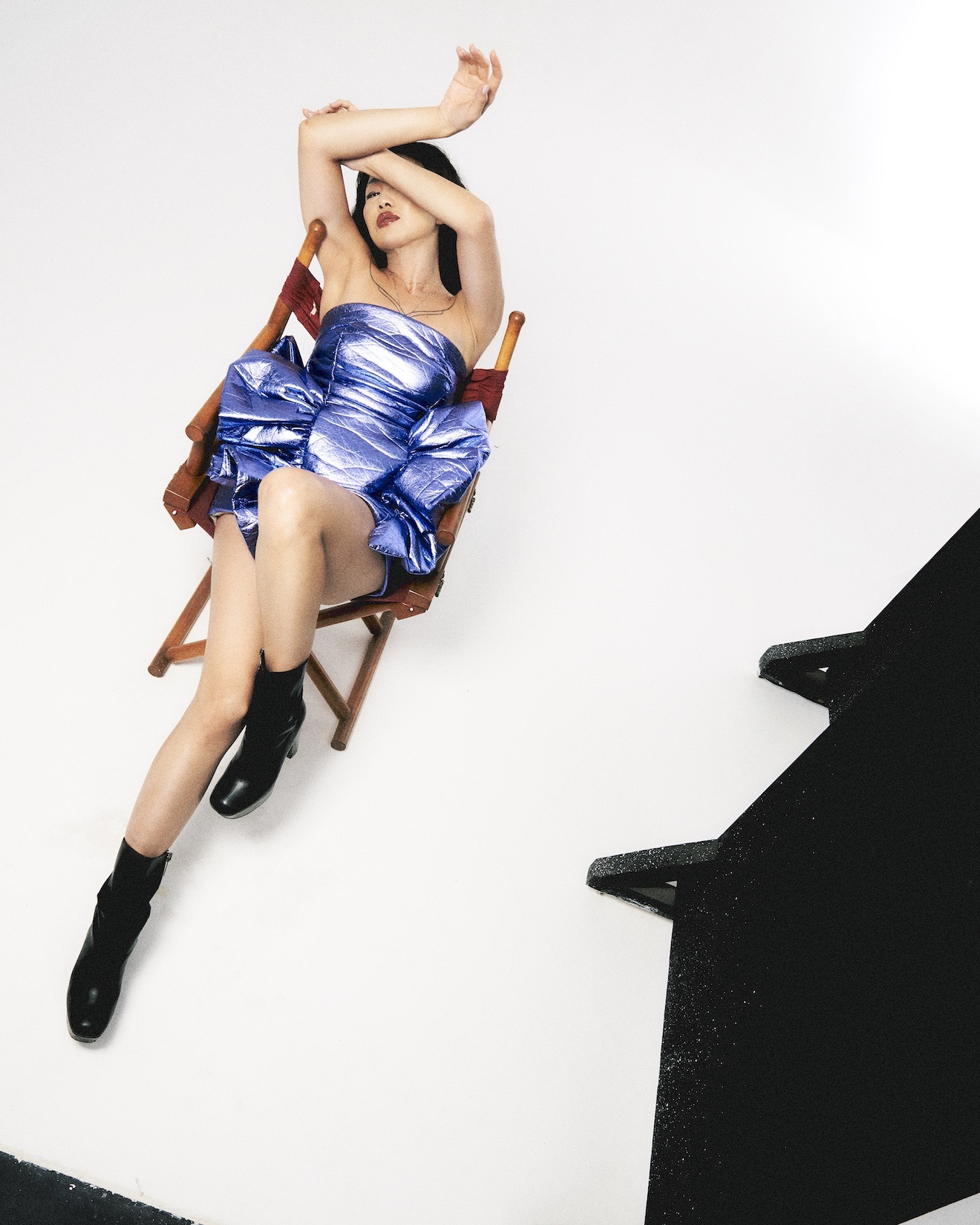
“I am now in a position of power, but I know a lot of girls still have to deal with a lot of bullshit all the time”
You are also a singer of ‘Bleeping Sauce,’ what was happening there? Can we expect something from you again with this band?
Bleeping Sauce is a dream come true! It took me out of my comfort zone into a studio to sing. I dreamt of having a band since I was a little girl. I took guitar and singing lessons for a few years.
Bleeping Sauce was my band of two people. After many years of a solid DJ career, it was time to challenge myself, do something more musical, and not aim at the dancefloor.
I am very proud of the music we had written and the live tour we did… right now, it is on hold due to personal matters.
What creative endeavors are you looking to explore next? Any plans for further expanding new horizons like with Re.Source?
When I got the confirmation for Lollapalooza, I knew we had to come up with something big; otherwise, I would disappear on that colossal stage haha.
I have been playing mainstream/traditional music festivals quite often now, and no doubt, visuals and effects make a difference in the impact and experience you offer.
Instead of having the festival’s visuals, I wanted them to be part of the story I wanted to tell and create a stronger bond between my fans.
Bruna Isumavut is Re.source’s art director and brought along Ju Matos, from The Force, one of the most fascinating creative collectives from São Paulo.
Priscila Prestes, once again, is our executive producer, and it was a very challenging project to deliver as we have never worked on anything on that scale.
Re.source combines music, lights, art, and technology; it uses all these media to translate what I want to express musically and connect with people on a higher level, not only on-site but also with people watching it live from TV.
Can’t wait to bring it again to a festival next year.
Also, I have been working on a collaboration with Brazilian producer ID ID, so there will be more music coming out in 2024. I have been test-playing some of them, and the reaction has been great.
Nowadays, we have seen an exciting wave of models like Anfisa Letyago, Estella Boersma or Talia A Darling doing it so well behind the decks. What is your take on this? Does the world of DJing and modelling work well together?
You can be a DJ, a producer, have a modelling career, and run a record label. People should be able to do whatever they feel like it, but we know it’s different from what happens good looks or having a modelling career don’t make your life easier if you want to be taken seriously in the scene.
Image is essential nowadays, and there are many opportunities for an artist to show different sides of their work, either modelling, doing a podcast, or collaborating with fashion brands. Still, I believe you had to offer much more than a solid look to have a consistent career over the years.
For many years, especially in the beginning, there were so many rules, created by guys, of course, of how we should act to have a successful career and be respected.
I will never forget a conversation I had with a good friend, who is a powerful agent, and he said that girls will be judged if they act or dress too sexy. I never changed the way I dress or look to fit into those standards.
I know many girls would cover their bodies and dress down to be taken seriously, but it would be difficult anyway. I wouldn’t change any decisions I made over the years because I know I didn’t compromise to get where I am now, even if it took me decades. That is priceless.
Women have to prove themselves all the time. If you are good enough, if you’re talented enough, you will always be questioned. It’s exhausting, but I really believe we made us very strong.
You see this generation of artists making music, playing sick sets, headlining all these huge festivals, and delivering it just because we must deliver all the time.
There is very little room for mistakes if you are a woman, and still, you have to handle a great deal of misogyny every day.
It’s shocking to see the amount of hate so many female DJs deal with on social media, and in real life, most of it is normalized as it is the price to pay. It simply is not acceptable.
Finally, what messages would you find essential to share with young women thinking about a career in the music business?
Trust your guts and your heart. You will always know what is best for you. Work hard, but always remember to have fun and enjoy the ride.
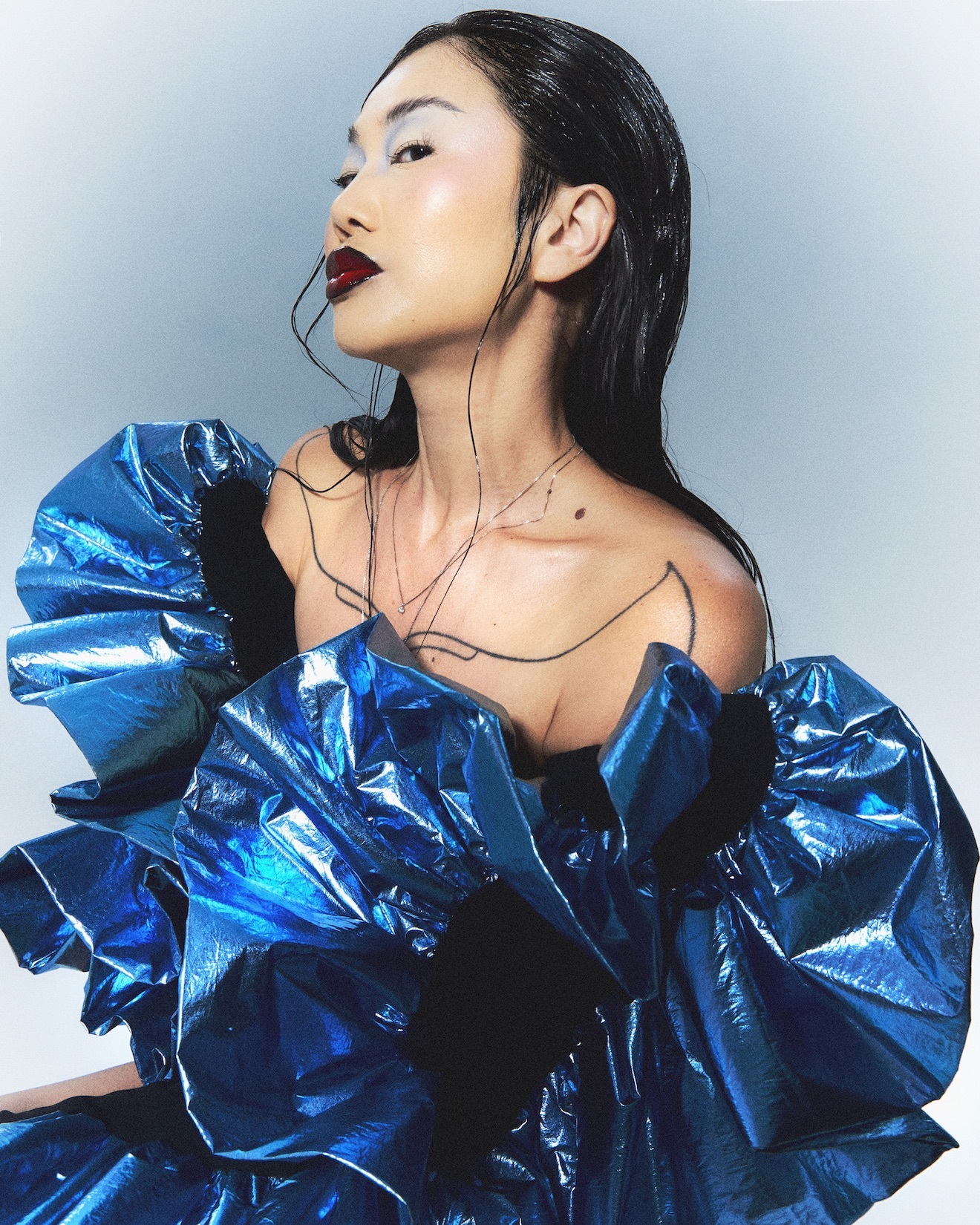
“My most significant accomplishment is just being here after over 20 years. That is a great privilege”
Follow ELI IWASA: Instagram | Facebook | Soundcloud


